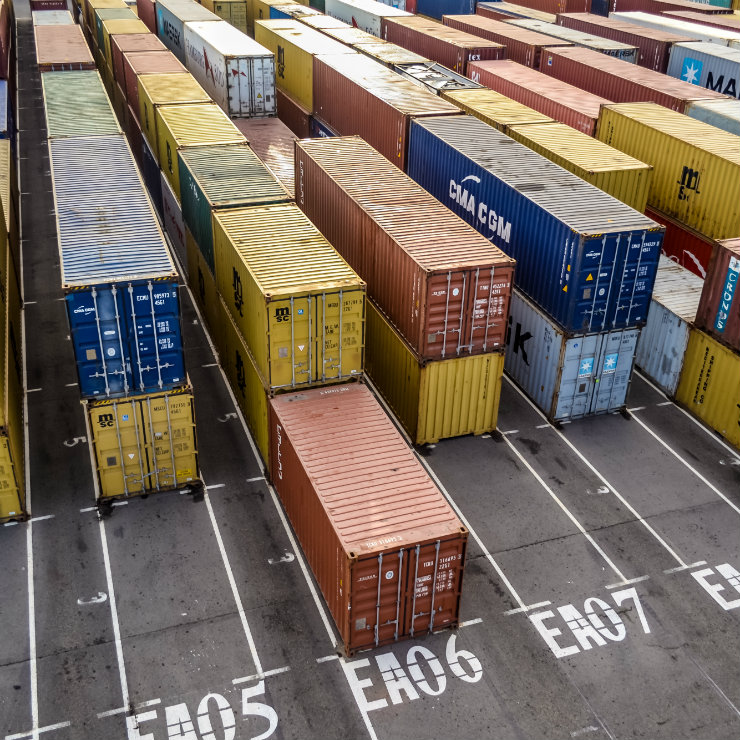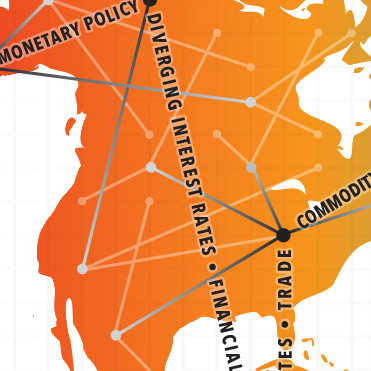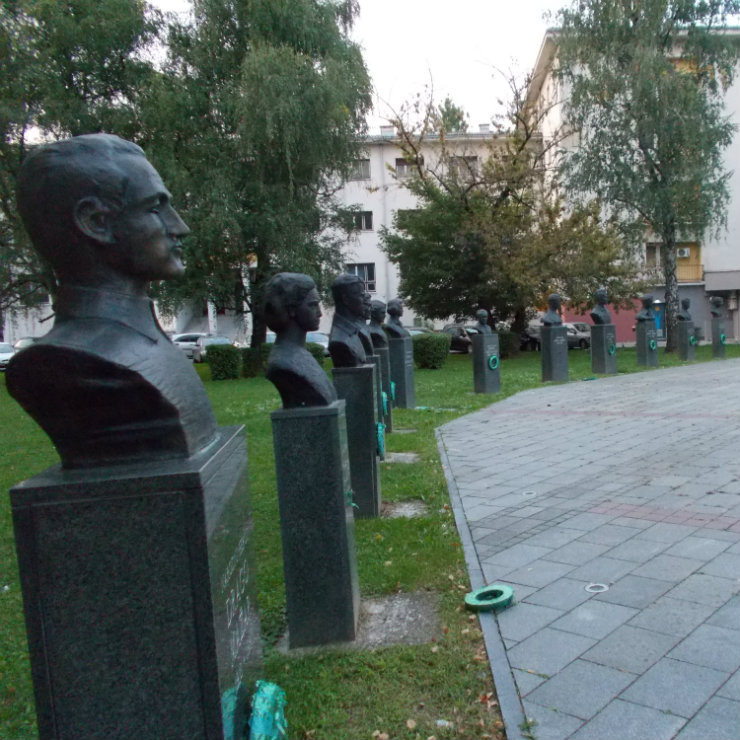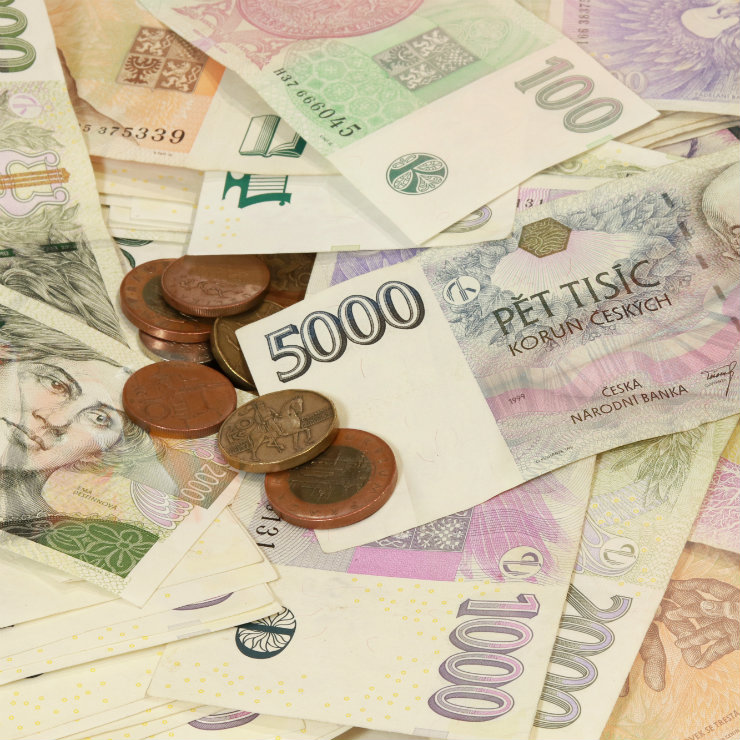English
Obserwator Finansowy features views and analysis of economy in Poland and other countries, written by some of the best journalists, economists and analysts. Our mission is to share knowledge of economics and financial markets in the world.
Obserwator Finansowy is a project under aegis of the Poland’s central bank, Narodowy Bank Polski. We have published thousands of articles about the Polish and global economy. Our journalists have conducted hundreds of interviews with Nobel laureates, distinguished economists, business leaders and politicians with views across the political spectrum.
In this section you can find selected articles in English.

Chinese economic activity in Ukraine — business or politics?
Michał KozakThe authorities in Kiev have had high hopes associated with China's economic presence in Ukraine for many years. However, the official declarations are rarely followed by real actions. For China, Ukraine is still primarily a...

Exports are improving Poland’s trade balance
Wojciech MroczekDespite the slowdown in the external environment of the Polish economy, in the Q1’19 the rate of growth of Polish exports remained high. Mainly due to goods which have only recently been included in Polish exports.

Real estate prices are rising, yet at a slower pace than incomes
Piotr SzpunarNominal prices of real estate in Poland have approached the 2006-2008 level but adjusted for inflation they continued to be lower. Also household income saw a stronger rise than home prices

Ukraine’s debt dilemma — to pay or not to pay
Michał KozakThe debate on Ukraine’s debt has flared up again. Some have even floated the idea that Ukraine should stop servicing its debt towards international financial institutions and the Western partners.

Little Schengen of the Western Balkans
Vedran ObućinaIn October 2019, at the trilateral meeting in Novi Sad, the Declaration on Free Movement of Goods and Citizens was signed between Albania, Northern Macedonia and Serbia.

Jackson Hole 10 years after the financial crisis
Milena KabzaTen years after the financial crisis, the world’s major central banks are facing the difficult task of supporting economic growth with limited room for maneuver in the area of monetary policy.

European Central Bank impacts economies of all CSE countries
Maria BnińskaCentral banks may use conventional or unconventional forms of monetary policy. Whichever is chosen by the European Central Bank (ECB) it influences all Central and Southeast European (CSE) countries.

The Republic of Srpska could have better economy
Vedran ObućinaRepublic of Srpska (Republika Srpska, RS) is one of the two political entities of Bosnia and Herzegovina, the other being the Federation of Bosnia and Herzegovina. It is defined by dense forests, mountains and rivers.

Fear of German recession grow high in the Southeast Europe
Vedran ObućinaGermany sank into a technical recession in the Q2’19, its GDP fell 0.1 per cent. It worries most of the Western Balkan countries, as they depend on German economy.

Average salary in the Czech Republic reaches historical record
Filip BrokešFor the very first time in the history, the average salary in the Czech Republic surpassed CZK34,000 (EUR1,316), according to the Czech Statistical Office (CSO). In the Q2’19, the average salary increased by 7.2 percent...
